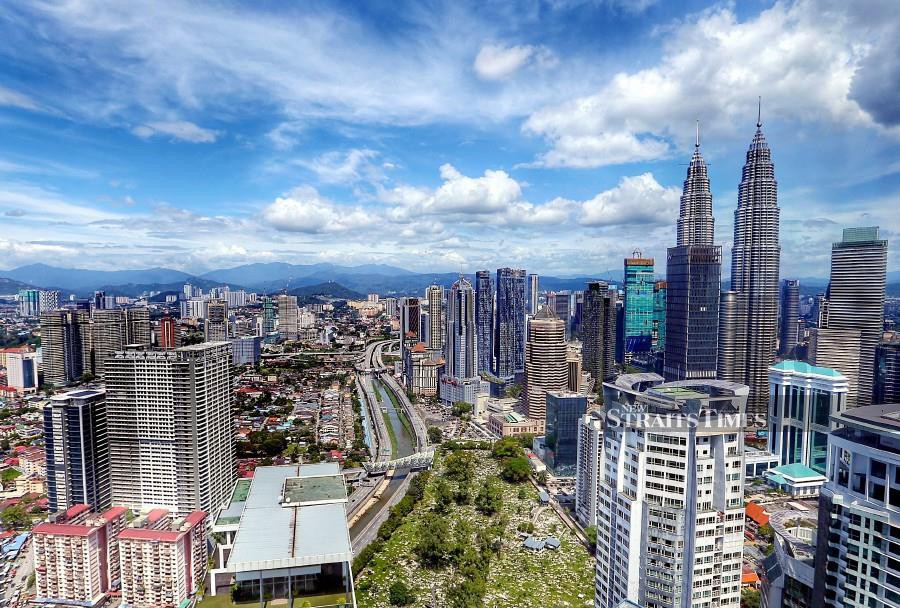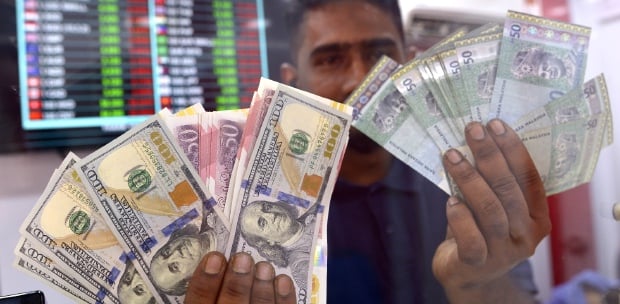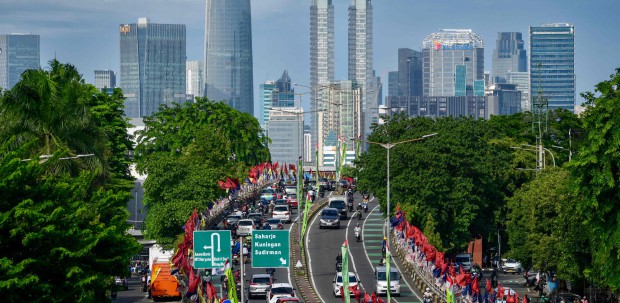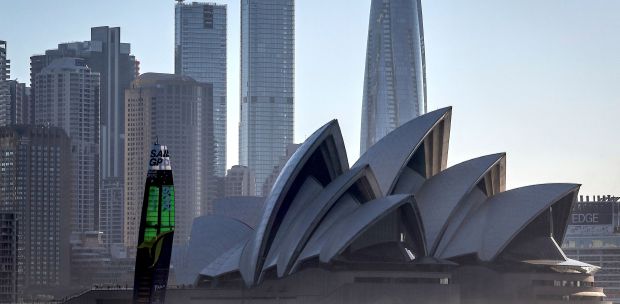During the Finance Ministry's (MoF) monthly assembly which was held recently, Prime Minister Datuk Seri Anwar Ibrahim highlighted the need for all ministries and departments to be prepared for the expected increase in number of investments into the country in the foreseeable future.
His optimism is not without justification. The success of his three-day visit to China, by managing to bring home a commitment of RM170 billion in investments through the 19 memoranda of understanding (MOU) sealed between businesses in Malaysia and China is a clear testament that a promising economic future post-pandemic recovery is no longer a distant future.
The amount is indeed historic, giving a strong signal to the world that Malaysia is back on the radar of business and investment attractions in this region, if not the world. Indeed, political stability is key towards economic prosperity.
During the assembly, Anwar posed a pertinent question: Are we ready? After all, the success in China is just the beginning. More investment opportunities are expected to pour into our shores when the confidence and positive sentiments are built steadily in the economy.
Perhaps, this time we should learn from our past experience when it comes to Foreign Direct Investments (FDIs). No doubt in the past, FDIs was and is still crucial and play an important part in our growth story. And, this trend is expected to continue in the future.
But, many pitfalls in the past must be avoided at all cost, and this primarily concerns the issue of quality, as opposed to quantity investments, as what matters in the end would be a win-win situation for both parties where on our part, high-income jobs will be created, hard and soft infrastructures will be developed, and technological transfers to our industry players at large will be proven to exist, among other things.
But, putting political stability aside, for us to be ready and be able to reap the maximum benefits of FDIs, the right investment ecosystem must be put in place. Thus, towards this end, long-term plans must be devised sooner rather later.
What do I mean by long-term plans? First, during the tabling of the 2023 Budget, the New Industrial Master Plan (NIMP) 2030 was announced and expected to be introduced in the third quarter of this year. Maybe it is a good idea for NIMP to be launched sooner, together with the mid-term review of the 12th Malaysia Plan (12MP).
Thus, issues surrounding specific sectors' development, capacity building of targeted industries, programmes for increasing skills and productivity of workers, can be developed in providing crucial building blocks to create a conducive investment ecosystem to receive foreign investments into our country.
In the process of revitalising our economy post-pandemic, much has been said about the small and medium enterprises (SMEs) segment of the economy.
The significant contributions of the SMEs to the economy cannot be understated, what more with its better prospect moving forward especially with the bounty of opportunities presented under the umbrella of the Regional Comprehensive Economic Partnership (RCEP) and the Comprehensive and Progressive Agreement for Trans-Pacific Partnership (CPTPP).
After all, more than two-thirds of the total labour force comes from this sector and make up 98.5 per cent of all businesses in Malaysia, where it contributes significantly to the nation's gross domestic product (GDP).
When it comes to investment, SMEs face many challenges — digitalisation, competition from RCEP and CPTPP, transition towards environmental, social, and governance (ESG) business model, etc. Thus, the need for the government to come up with a specific blueprint or Masterplan for SMEs is more crucial than ever.
All these long-term plans, in my view, must be anchored into one overarching economic vision for Malaysia moving forward. Before the tabling of the 2023 budget, the government had announced that the Shared Prosperity Vision (SPV) 2030 will be replaced with the Malaysia Madani concept.
As for now, Malaysia Madani concept is still that, a concept. How this grandiose ideals can be translated into a concrete long term-economic framework, programme, and policies with clear aims and key performance indicators (KPIs) with a strong implementation mechanism is indeed crucial to not just replacing the SPV 2030, but perhaps to supersede the Vision 2020 as a new national vision for Malaysia.
I believe an effective engagement and communication between the government and the public is crucial in this regard, and the secretariat to the Advisory Committee to the Finance Minister (ACFIN) seems to be a perfect platform to get the ball rolling.
ACFIN should engage more with the public in terms of what they have done and what they are planning to do to revive the economy moving forward, especially efforts to provide a conducive investment ecosystem in this country.
Coming up with a report and making it public every quarter or twice a year is definitely a good start.
The writer is Associate Professor at the School of Economics, Finance and Banking, Universiti Utara Malaysia
The views expressed in this article are the author's own and do not necessarily reflect those of the New Straits Times






